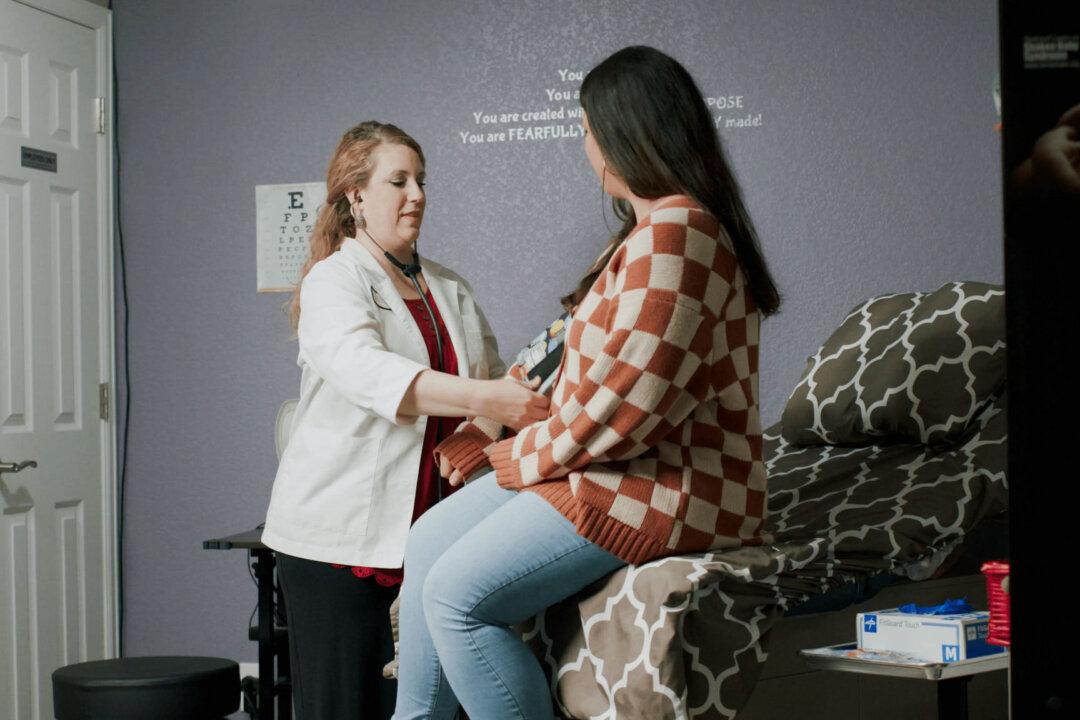Mackenna Greene’s future was an open door.
Having just embarked on a promising new career path, she was ready to hit the ground running.

Mackenna Greene’s future was an open door.
Having just embarked on a promising new career path, she was ready to hit the ground running.